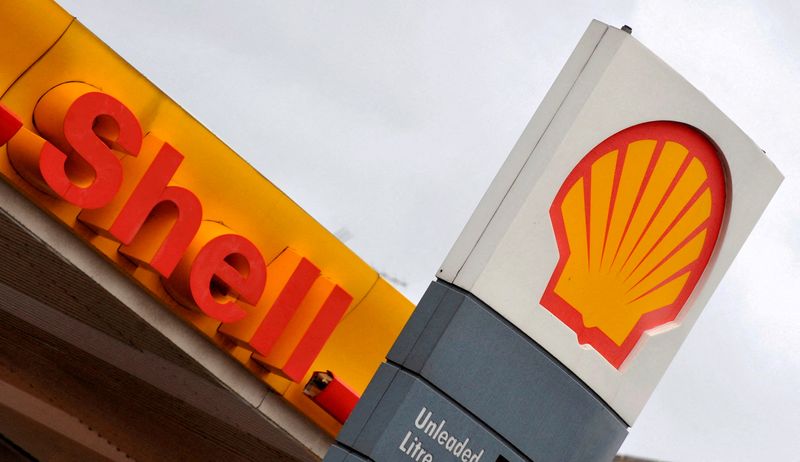By Marwa Rashad and Ron Bousso
LONDON (Reuters) -The global liquefied natural gas (LNG) market is expected to remain tight this year following last year’s volatility which saw demand rise 6% and gas prices hit an all-time high, Shell (LON:RDSa) said on Monday.
Natural gas prices around the world soared late last year due to a combination of tightening supplies, weaker renewable power generation and a strong growth after Covid-19.
"The high prices we're seeing at the moment are being driven by fundamentals, low storage levels and supply uncertainty," said Steve Hill, executive vice president, energy marketing.
He added that the lack of new supply and the reduction of investment in LNG are other reasons behind the tight market.
Shell, the world's largest buyer and seller of LNG, said earlier on Monday that global trade in liquefied natural gas (LNG) in 2021 grew 6% year on year to 380 million tonnes as economies recovered from the impact of the COVID-19 pandemic.
LNG demand is expected to almost double to 700 mln tonnes by 2040, Shell said in its annual LNG market outlook, adding that liquefied gas has a key role to play as a back-up in the event of intermittent renewable supply.
Soaring gas prices have put around 30 British energy suppliers out of business while some heavy industry companies curtailed output in energy-intensive sectors.
LNG prices lurched from record lows under $2 per mmBtu in 2020 to record highs of $56 in October 2021.
Benchmark prices currently stand at about $25 per mmBtu.
"Last year showed just how crucial gas and LNG are in providing communities around the world with energy," said Wael Sawan, integrated gas, renewables and energy solutions director at Shell.
The world's No.2 traded energy company said more investment is needed to meet rising LNG demand, particularly in Asia, especially with a forecast supply-demand gap in the mid-2020s.
China and South Korea led LNG demand growth in 2021. China increased its LNG imports by 12 million tonnes to 79 million.
Last year Chinese LNG buyers signed long-term contracts for more than 20 million tonnes a year.

Global LNG exports grew in 2021 despite outages that dented availability of LNG for delivery. The United States led export growth with a year-on-year increase of 24 million tonnes, Shell's report said.
The U.S. Energy Information Administration projects that U.S. LNG exports will reach 11.5 billion cubic feet per day (bcfd) in 2022, becoming the world’s largest LNG exporter ahead of Australia and Qatar.